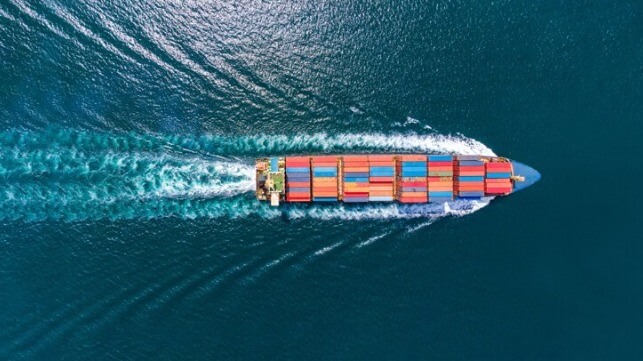Five Competition Agencies Cooperate to Stop Freight Market Collusion

Five of the leading competition authorities from around the world are formed a new working group to collaborate on identifying and prosecuting illegal conduct, including collusion, price fixing, or price gouging, in the global supply chain. The authorities from the United States, United Kingdom, Canada, Australia, and New Zealand plan to build on their existing joint efforts focusing on abuses looking to profit illegally from the disruptions in global supply caused by the pandemic.
The five nations acknowledged that there have been significant disruptions to global supply. They noted the impact of increased demand for containerized cargo and the impact of heavy congestion across the globe. However, they also highlighted that freight rates on key global trade routes are currently about seven times higher than they were about two years ago.
In light of pandemic-related disruptions to global markets, the five competition authorities said they are committing to work together identifying and sharing information on potentially anticompetitive conduct affecting global and domestic supply chains. The purpose of the working group is to help identify attempts by businesses to use supply chain disruptions as a cover for price-fixing or other collusive activities that involve competitors cooperating instead of competing with each other.
“We will be sharing intelligence to identify any behavior that restricts or distorts competition, and companies are now on notice that Australia and its international counterparts will be ready to act,” said Rod Sims, Chair of the Australian Competition and Consumer Commission.
The group highlighted that cartel conduct harms consumers by preventing businesses from competing to provide better quality services at better prices, and it harms businesses that are trying to compete fairly. It can include competitors agreeing on pricing and pricing intentions, allocating markets or customers, or restricting the output of goods or services where it is not necessary in the current situation.
Recognizing that the pandemic has strained the global network, Anna Rawlings, Commission Chair of New Zealand’s Commerce Commission said, “We still have zero tolerance for unscrupulous businesses using Covid as an opportunity for cartel conduct, such as non-essential collusion between competitors or anticompetitive behavior. The international working group will strengthen our continued efforts to deter and penalize cartel conduct.”
The launch of the new working group follows concerns and calls from many business groups around the world for investigations and efforts to address the higher prices and shortages in the shipping industry. Without directly responding to the calls, the agencies said they are putting businesses on notice and that they are concerned that some unscrupulous businesses could take advantage of the current disruptions.
One of the most recognizable instances is the long-running prosecution of the Japanese shipping companies for collusion on contracts to transport vehicles around the world. Authorities ranging from Australia to South Korea and Japan have all prosecuted and fined the car carrier companies. Similarly, in January 2022 South Korea’s competition authority announced sweeping fines for the container shipping companies. The U.S. Federal Trade Commission and Federal Maritime Commission have also been responding to individual complaints and investigating the container shipping carriers.

that matters most
Get the latest maritime news delivered to your inbox daily.
“These are global issues that are best addressed together,” said Michael Grenfell, Executive Director of Enforcement at the UK Competition and Markets Authority.
The new working group will meet regularly to develop and share intelligence to detect and investigate suspected anticompetitive behavior and collusion. The new initiative expands on several existing formal and informal cooperation agreements between the competition agencies in the U.S., UK, Canada, New Zealand, and Australia. In April 2019, for example, Australia and the U.S. FBI signed a cooperation agreement to combat cartels and in 2020 the U.S. Department of Justice, U.S. Federal Trade Commission, UK, Canada, New Zealand, and Australia competition authorities signed a multilateral mutual assistance and cooperation framework.
